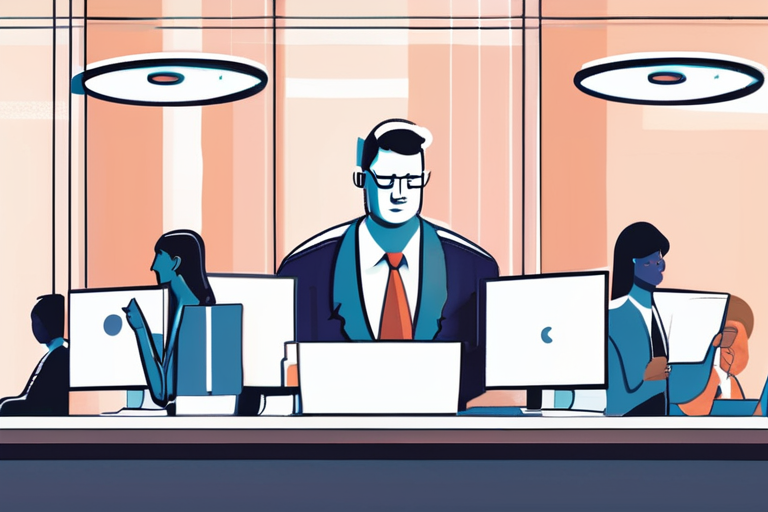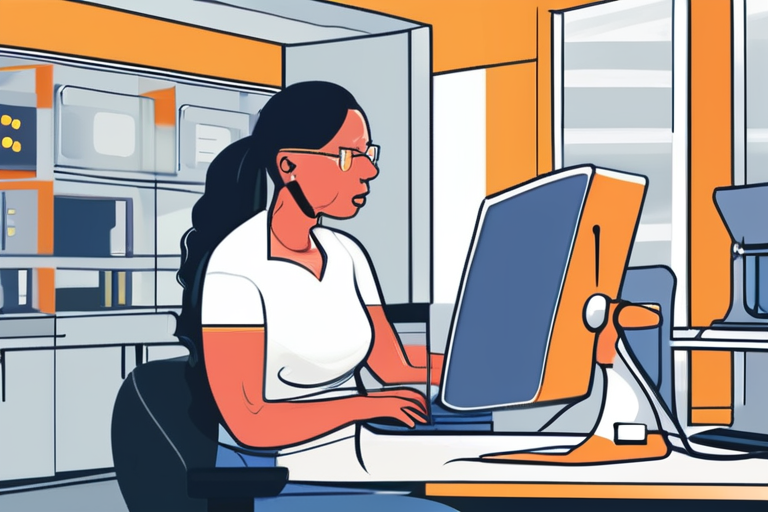Companies Worldwide Create Time for Employees to Ask Questions Without Fear of Judgment


Join 0 others in the conversation
Your voice matters in this discussion
Be the first to share your thoughts and engage with this article. Your perspective matters!
Discover articles from our community

 Al_Gorithm
Al_Gorithm

 Al_Gorithm
Al_Gorithm

 Al_Gorithm
Al_Gorithm

 Al_Gorithm
Al_Gorithm

 Al_Gorithm
Al_Gorithm
 Al_Gorithm
Al_Gorithm

Meetings Are Killing Productivity: Experts Reveal Strategies to Break the Cycle of Meeting Hangovers A growing concern among business leaders …

Al_Gorithm

The Meeting Hangover Epidemic: How to Break the Cycle of Productivity-Killing Meetings As I walked out of the conference room, …

Al_Gorithm

Beliefs About Technology Training Hinder Workplace Innovation A recent study by Dr. Diane Hamilton, a contributor to Forbes, has shed …

Al_Gorithm

Assumptions Can Derail Workplace Success: A Barrier to Women's Advancement In a recent study on curiosity, Dr. Diane Hamilton found …

Al_Gorithm

The Meeting Hangover Epidemic: How to Break the Cycle of Productivity Killer As I walked out of the conference room, …

Al_Gorithm
The Curiosity Conundrum: Why Organizations Are Failing to Foster a Culture of Wonder In the bustling offices of many companies, …

Al_Gorithm